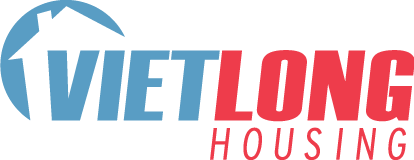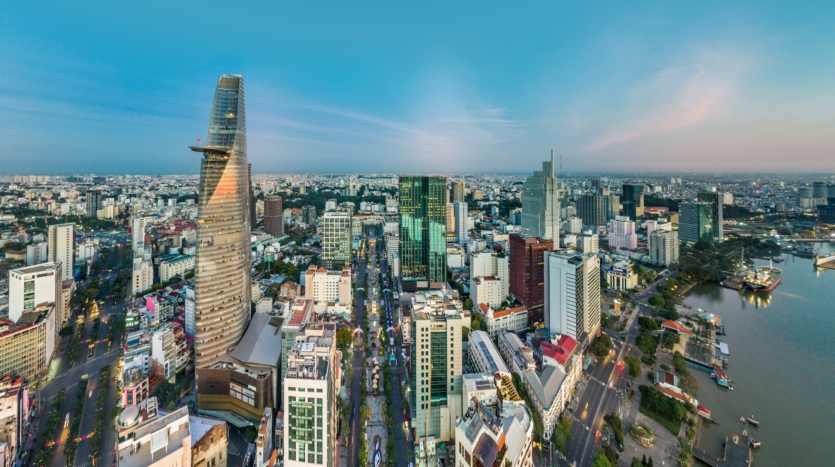Vietnam Expat Guide: Moving and Living in Southeast Asia
Vietnam is a beautiful country located in Southeast Asia with a rich culture and history. It has become a popular destination for expats in recent years due to its low cost of living, delicious cuisine, and friendly locals. However, moving to a new country can be daunting, especially if it’s your first time. This guide will provide you with everything you need to know about moving to Vietnam as an expat.
1. Visa Requirements
Before making any plans to move to Vietnam, it’s essential to check the visa requirements. Vietnam has different visa categories, and the process can be a bit complicated, depending on your purpose of visit. Some visas may require you to show proof of employment or business, while others may require a sponsorship letter. It’s recommended to apply for a visa before arriving in Vietnam to avoid any complications.
2. Finding Accommodation
Finding accommodation in Vietnam can be overwhelming, especially if you’re not familiar with the country. The most popular cities for expats are Hanoi and Ho Chi Minh City, but there are also smaller cities like Da Nang and Nha Trang. It’s important to research the different neighborhoods and areas to find the best fit for your lifestyle and budget. There are various accommodation options, including apartments, houses, and serviced apartments.
3. Cost of Living
Vietnam has a low cost of living compared to many other countries, making it an attractive destination for expats. However, the cost of living can vary significantly depending on the city and lifestyle. Major cities like Hanoi and Ho Chi Minh City tend to be more expensive, while smaller cities can be more affordable. It’s essential to research the cost of living in your chosen city to plan your budget accordingly.
4. Transportation
Vietnam has a well-developed transportation system, including buses, taxis, and motorbikes. Motorbikes are the most popular mode of transportation, and it’s relatively easy to rent or buy one. However, traffic in major cities can be chaotic, so it’s essential to be cautious when driving or riding a motorbike.
5. Healthcare
There is both a public and private healthcare system in Vietnam. Public healthcare is affordable, but the quality may vary depending on the hospital and location. Private healthcare tends to be more expensive but provides higher quality care. It’s recommended to have health insurance before moving to Vietnam to cover any medical expenses.
6. Language and Culture
Vietnam has a unique culture and language that may take some time to adjust to. Vietnamese is the official language, but English is widely spoken in major cities, especially among young people. Learning some basic Vietnamese phrases can help you communicate with locals and make your transition smoother.
7. Working in Vietnam
With its growing economy, Vietnam has a variety of job opportunities for expats, especially in industries like education, technology, and hospitality. However, it’s important to note that the job market can be competitive, and salaries may be lower than in other countries. It’s recommended to research job opportunities before moving to Vietnam and have a backup plan in case of any setbacks.
8. Expat Community
Vietnam has a vibrant expat community, and it’s easy to make friends and connect with other expats. There are various social events and groups, including meetups, sports clubs, and language exchanges. Joining these groups can help you feel more at home and make your transition to Vietnam more comfortable.
Conclusion
Moving to Vietnam as an expat can be an exciting and rewarding experience. However, it’s important to do your research and plan accordingly to avoid any complications. With the right preparation and mindset, you can make the most out of your time in Vietnam and create unforgettable memories.
Looking for your dream home in Vietnam? VietLong Housing has over a decade of experience in assisting expats to find the perfect houses in Vietnam for sale. Don’t miss out on the chance to own your dream home—contact us today!





